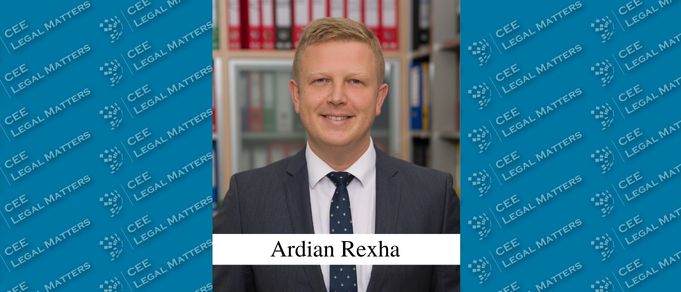Delving into the impacts of the EU's recent visa liberalization for Kosovo citizens and the country's ambitious strides towards legal and sustainable energy reforms, Deloitte Legal Senior Legal Manager Ardian Rexha shares his insights on the easing of travel restrictions, pioneering steps in renewable energy, and the overhaul of the tax administration system.
"The EU's decision to allow Kosovo citizens visa-free travel, starting from January 1, 2024, marks a historic milestone," Rexha begins. "It not only facilitates easier travel for our people but also strengthens cultural and economic ties between Kosovo and EU countries." According to him, "it's particularly beneficial for students and the public, opening new opportunities for education, work, and cultural exchange."
Focusing on legislative updates of note, Rexha says "Kosovo is taking significant steps towards sustainable energy. Historically reliant on coal for over 90% of our energy, the government initiated the first auction for a solar plant capable of producing 100 megawatts last year, in 2023." As he sees it, this move, along with the recent announcement that an auction for wind power will be launched this year, "underscores our commitment to reducing dependency on coal and achieving our renewable energy targets by 2031."
Rexha then highlights the new law on Tax Administration and Procedure introduced in late January, which, among others, "established a Board of Appeal, a quasi-judicial body to review final decisions made by tax and customs administrations. This development stems from the business community's need for a more efficient process in resolving fiscal disputes, addressing the inefficiencies and lengthy timelines experienced in the relevant courts," he explains.
Moreover, Rexha reports there are public concerns about the Central Bank's regulation on cash operations, which "aims to reduce counterfeit cash, safeguard financial stability, as well as increase the transparency of cash flows in Kosovo. Despite concerns over pension contributions received in cash in RSD from Serbia, such payments are still permissible but will be formalized and received in euro-based accounts. Nevertheless, to ease the transition, a three-month period starting from February 1 has been set to promote awareness and formalize transactions in foreign currencies," he elaborates.
Finally, Rexha notes there are several other legal initiatives "currently under review, including a law on the confiscation of unjustified assets, a law on sovereign funds, and a law on sustainable investments. Additionally, there's an ambitious legislative plan from the government for this year, and we expect to have a new civil code and civil procedural code," he says, with such developments a "part of Kosovo's broader efforts to modernize its legal framework and align with European standards."
In conclusion, Rexha underscores his belief that "these initiatives represent significant steps forward for Kosovo, not just in terms of legal reforms but also in fostering economic growth, environmental sustainability, and a closer integration with the European Union."






















